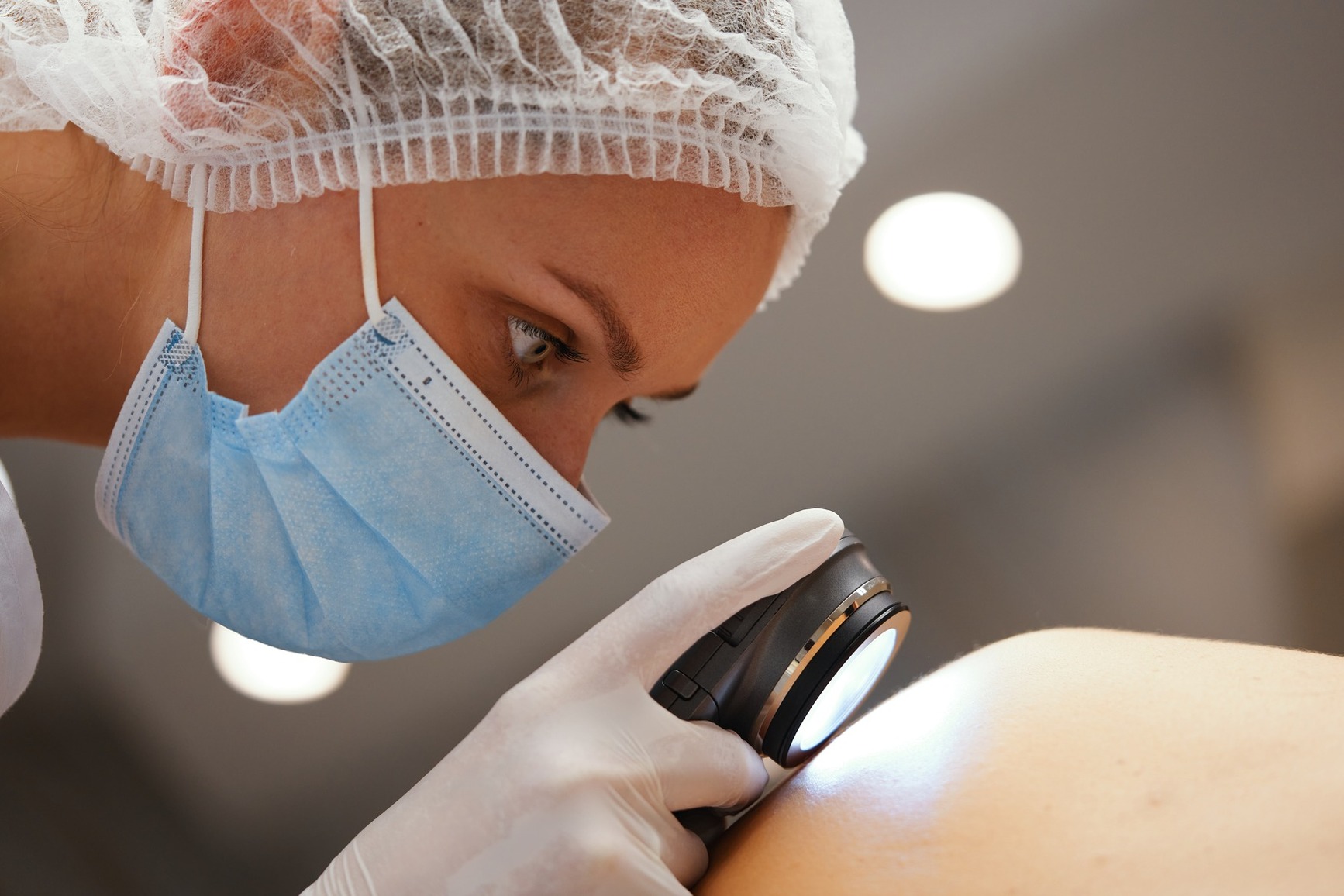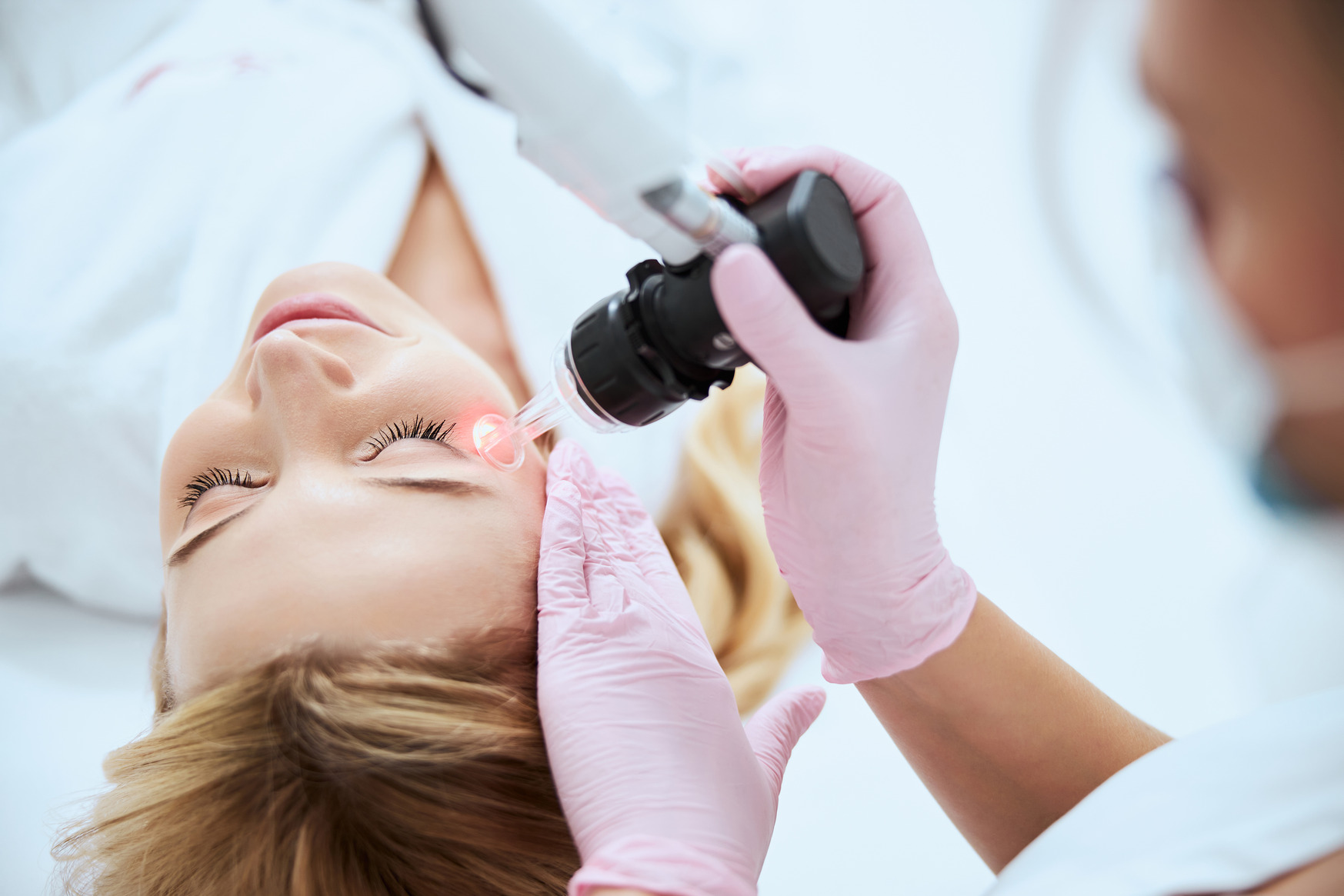Healthy skin begins with the right nutrients and hydration. Those who take care of their skin often look younger and experience fewer premature signs of aging. Seeing a dermatologist is essential for keeping healthy skin. With tips from a dermatologist, anyone can improve the health and appearance of their skin for less damage and wrinkles.

Understanding Skin Type
One of the first things individuals must do before addressing their skin is to know their skin type. With a dermatologist established in 2008, patients can learn their skin type, which includes the following.
- Sensitive skin is more likely to burn and sting or become red after using products.
- Normal skin typically remains clear and does not become sensitive to sun exposure or products.
- Dry skin is rough to the touch and flakes easily.
- Oily skin has a frequent sheen and may be prone to breakouts.
- Combination skin has one or more of the attributes above.
Understanding your skin type is critical for proper care. Each skin type above has its unique properties that require specialized care. One would not use a moisturizer for dry skin on oily skin. With the right products and tips, people can improve the health and appearance of their skin.
Dermatological Tips for Skin Care
Most people know they must wash their faces a couple of times a day to keep dirt and grime away. Unfortunately, many people do not realize this act alone is not enough to keep their skin healthy. The following tips provide essential information to help people maintain healthy skin for life.
Wear Sunscreen Every Day
One of the most essential tips from dermatologists is to wear sunscreen daily. Many people never wear sunscreen unless they visit the beach or a swimming pool. Wear a sunscreen product with an SPF of 30 or higher. Reapply after swimming. You should also wear sunglasses and a broad-brimmed hat for further protection from the sun’s rays. Applying sunscreen helps stop sun damage that causes aging.
Do Not Use Tanning Beds
While it may be tempting to get a quick tan in a tanning bed, these are not safer than the sun and can sometimes cause worse damage. Tanning beds emit harmful UV rays that can lead to skin cancer. Self-tanning products are safer and will give you that same golden glow without damage.
Less Is More
Less is more when it comes to skincare. Many people try to use too many skincare products. A combination of too many can lead to interactions. Focus on the basics, such as a gentle cleanser, moisturizer, and sunscreen.
Skincare for Your Skin Type
Dermatologists recommend skin typing to ensure people select the right skincare products. It is especially essential for those with sensitive skin to ensure the products they use are formulated with gentle ingredients. No matter your skin type, do a test on a small patch of skin before using any new product. Failure to test for allergic reactions could result in adverse skin conditions.

Do Not Forget the Lips
While some people wear sunscreen protection and moisturize, they frequently forget their lips. Skin cancer can form on the lips. Protecting against skin cancer begins with a strong SPF of 30 or higher. SPF lip balms not only protect your lips against the sun’s damaging rays, but they also moisturize.
Perform Skin Checks
Skin cancer can occur anywhere, even in those places that rarely see the sun. Skin cancer is the most common form of cancer. Around 20 million Americans die of melanoma, a serious form of skin cancer, every day. Self skin checks and those performed by a dermatologist ensure early detection and proper treatment.
In addition to the above tips, seeing a dermatologist regularly is critical. Most people should have a dermatological exam once a year. Dermatologists offer a range of skincare options that can help people better care for their skin and ensure it remains healthy.
It takes a concerted effort to get healthy skin. Diet and exercise certainly play a role in the development of healthy skin. If you are not feeding your skin from the inside out, it is more likely to suffer damage. Use the tips above to protect your skin and keep it healthy for life.

